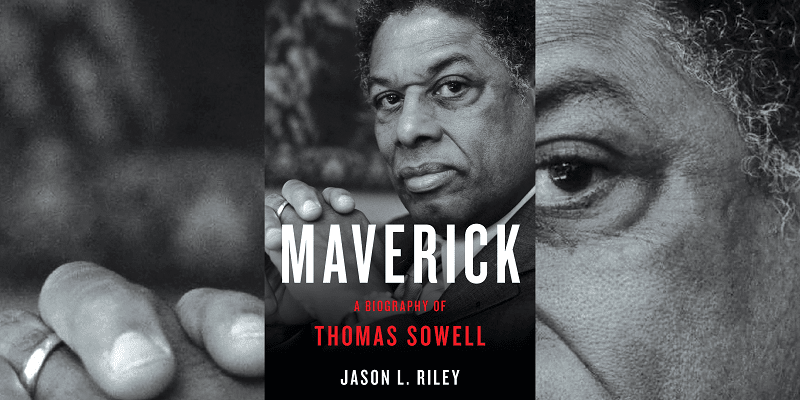By Susan Gore
Freedom fighter Vaclav Havel’s recent death reminded freedom lovers everywhere that no matter how entrenched rulers seem to be, they are vulnerable to so-called “powerless” citizens who in fact are not powerless when they refuse to surrender their consciences. The lessons of his life can speak to us this election season, as we debate competing visions for the direction of our state and our country, the limits of government power, and what we expect of our elected officials and of ourselves as citizens.
Vaclav Havel’s perseverance in speaking his conscience played a crucial part in an awakening that led to Czechoslovakia’s 1989 Velvet Revolution and the establishment of a free republic. After four decades of Soviet control of Czechoslovakia, and freshly released from prison, Havel gave the presidential inaugural address on January 1, 1990.
The country was an ecological mess and in economic shambles, but Havel focused his remarks on the havoc worked upon the character of Czechoslovakians themselves. He told his battered people, “I assume that you did not propose me for this office so that I, too, would lie to you.”
“The worst thing is that we live in a contaminated moral environment. We fell morally ill because we became used to saying something different from what we thought. We learned not to believe in anything, to ignore one another, to care only about ourselves. Concepts such as love, friendship, compassion, humility or forgiveness lost their depth and dimension, and for many of us they represented only psychological peculiarities.”
Although Havel was a playwright whose first love was theater, he became “…dedicated to trying to behave like a citizen, even where citizenship is degraded.” As a master writer he had a profound impact on Eastern Europe. He quickly prepared his essay The Power of the Powerless in 1977 for a secret meeting in Poland with Solidarity activists such as Zbygniew Bujak. Bujak recalled:
“This essay reached us at the Ursus factory in 1979 at a point when we felt we were at the end of the road….We began to doubt the purposefulness of what we were doing. Then came the essay by Havel. Reading it gave us the theoretical underpinning for our activity. It maintained our spirits; we did not give up, and a year later it became clear that the party apparatus and the factory management were afraid of us. We mattered.…When I look at the victories of Solidarity…I see in them an astonishing fulfillment of the prophecies and knowledge contained in Havel’s essay.” (Open Letters: Selected Writings 1965 – 1990, by Vaclav Havel, edited by Paul Wilson, Vintage Books)
Solidarity was organized in 1980 and is largely credited with the 1990 overthrow of the Communist regime in Poland by the presidential election of Lech Walesa.
The “theoretical underpinning” of Havel’s essay is that totalitarianism is like a machine constructed with interchangeable parts: Government officials play the same roles, coming and going as the machine grinds on relentlessly. Havel told how the machine-like specter of totalitarianism stripped innocent individuals of their integrity when they complied with meaningless regulation. Thus, a master beer brewer miserably made bad beer in the state factory, students reluctantly learned Russian, writers had recourse to underground publications, and unlicensed musicians could only perform illegally.
All tyrannies seek to divest individuals of their power by imposing a wedge of tension between inner truth and outer behavior. In The Power of the Powerless, Havel’s fictitious example is a vegetable-seller, a greengrocer who was required to place a “Workers of the World Unite” sign next to his tomatoes, lest his son be denied entrance to the university.
Why would totalitarianism react viciously to the simple omission of a sign next to some tomatoes? Because, just as a child ends the entire parade by asking why the emperor has no clothes, one person pointing to truth threatens a bureaucratic house of cards entirely based on lies. Cumulative instances of honesty – genuine art, competence, trusting friendships, verified information – wear down tyranny like waves eroding the foundation of a sand castle so the whole structure crumples.
Those who survive intact morally by choosing truth may pay a price physically. Havel never recovered from the pneumonia he contracted during his four years in prison. Yet, Havel’s inaugural remarks targeted the more toxic effect lies have on people: meaninglessness, loss of genuine friendship, and so on. We lose what makes us human. Writers employ such terms as “truncated individuals,” “empty cores,” and “nobody in the building” to describe the loss of inner integrity due to complying with lies.
Vaclav Havel was as surprised as anybody when the USSR left Czechoslovakia in 1989:
“When you try to act in accordance with your conscience, when you try to speak the truth, when you try to behave like a citizen, even in conditions where citizenship is degraded, it won’t necessarily lead anywhere, but it might.”
The challenge in dissenting from tyranny is to persevere in what we believe is right even though we cannot be sure of the outward result. There is a price to pay for standing for our principles, but the reward is the treasure of personal integrity. Vaclav Havel’s words ring true for us today.
*Susan Gore is founder of Wyoming Liberty Group and a guest contributor for Cascade Policy Institute, Oregon’s free market public policy research organization.











